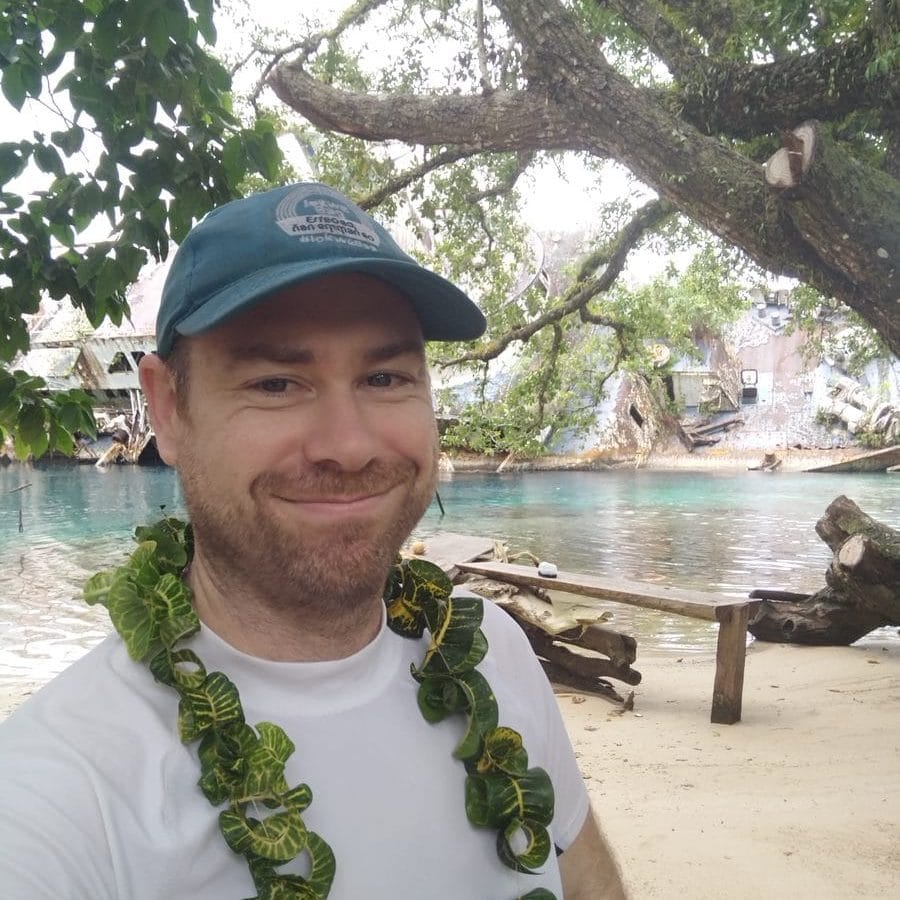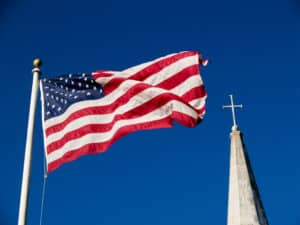
By Stephen Cauchi
8 December 2021
THE entire Pacific region is at risk of COVID-19 outbreaks and new variants due to low vaccination rates, an Anglican organisation has warned.
Anglican Overseas Aid has joined calls for the federal government action to take action to help improve vaccination rates in these regions.
It’s a campaign supported by the likes of former World Vision chief executive Reverend Tim Costello.
End COVID For All spokesperson Mr Costello urged the federal government to provide COVID-19 support for Pacific countries, after research showed some will take years to vaccinate their population.
He said the Soloman Islands and Vanuatu risk the same sorts of disastrous COVID-19 outbreaks that have hit Fiji and Papua New Guinea unless action is taken.
Mr Costello said the low rates put the entire region and the world at risk.
“Papua New Guinea is currently battling a disastrous Delta outbreak yet only has around three per cent of its eligible population vaccinated,” he said.
“Solomon Islands is forecast to have less than a quarter of its adult population vaccinated by the end of the year and Vanuatu is predicted to vaccinate just 29 per cent of its adult population.
“The longer we let COVID run rampant in developing countries, the more chance it has to mutate into more deadly and vaccine-resistant forms.”
Mr Costello said that Lowy Institute modelling predicted that Papua New Guinea would vaccinate just one-third of its population over the next five years.
He said the Australian government’s COVID-19 Pacific Response Package was due to end in just over six months, which was simply too soon.
Mr Costello said vaccine hesitancy among the population was the major issue in the Pacific region, calling for $50 million to address this issue.
He also called for the government to commit to a “fair share of assistance to the global effort” including contributing 20 million vaccine doses as well as $250 million to the international vaccine sharing facility, COVAX.
Anglican Overseas Aid disaster response and resilience coordinator Tim Hartley said that there was a lack of vaccines in the Pacific, but complacency was also an issue.
He said that Samoa, Vanuatu and the Soloman Islands had escaped with very few cases to date, in contrast to Fiji and Papua New Guinea.
Mr Hartley said this had skewed their perception of the illness, because they hadn’t experienced it.
“No-one’s dying around them. There’s not that sense of urgency because it’s not impacting their day-to-day life to the extent it is elsewhere and that’s a big thing,” he said.
Mr Hartley said the Solomon Islands and Vanuatu were both aiming to get 90 per cent of their population double-vaccinated, but at current rates this would not happen until 2023.
He said distrust of authority and bad experiences with previous vaccines also contributed to vaccine hesitancy.
In Samoa, for example, incorrect vaccine administration during a measles outbreak in recent years resulted in children dying, which was still front of mind in the country.
He said in response, Samoan health authorities launched a country-wide door-to-door mass vaccination campaign and cracked down on anti-vaccination statements in the media and social media.
This was successful. According to Radio New Zealand, by late November 83 per cent of Samoans had been fully vaccinated with Astra-Zeneca while 96 per cent had received a first jab.
“They did a big vaccination drive around the two main islands,” said Mr Hartley.
“Their vaccination rates and their attitudes towards vaccination and the government and health agencies response is just really well honed.”
In contrast to the concentrated Samoan population, Vanuatu’s dispersed population had led to very low vaccination rates he said.
“It’s difficult getting the vaccines out to large parts of the population because it’s all rural and remote and you’ve still got these pretty delicate vaccines that require specific storage throughout,” Mr Hartley said.
He said he was particularly surprised by the government’s confirmation in October that it would not be renewing its contract with CSL to produce Astra-Zeneca vaccines.
The federal opposition and aid agencies criticised the government’s decision given the COVID outbreaks in neighbouring countries.
“Certainly there could be a lot more assistance,” said Mr Hartley.
“It’s not just providing vaccines but it’s assisting with the health services logistics and ongoing training and helping with messaging.”
He said the federal government needed to increase vaccine supply and work with the governments in Vanuatu and the Solomon Islands to distribute vaccines in regional areas.
End Covid For All is a campaign initiated by Micah Australia, the Australian Council for International Development, and the Australian Global Health Alliance.
According to Micah, over 200 organisations made up of businesses, faith groups, unions, health bodies and more support the movement.
More information about the campaign is available at: endcovidforall.com







